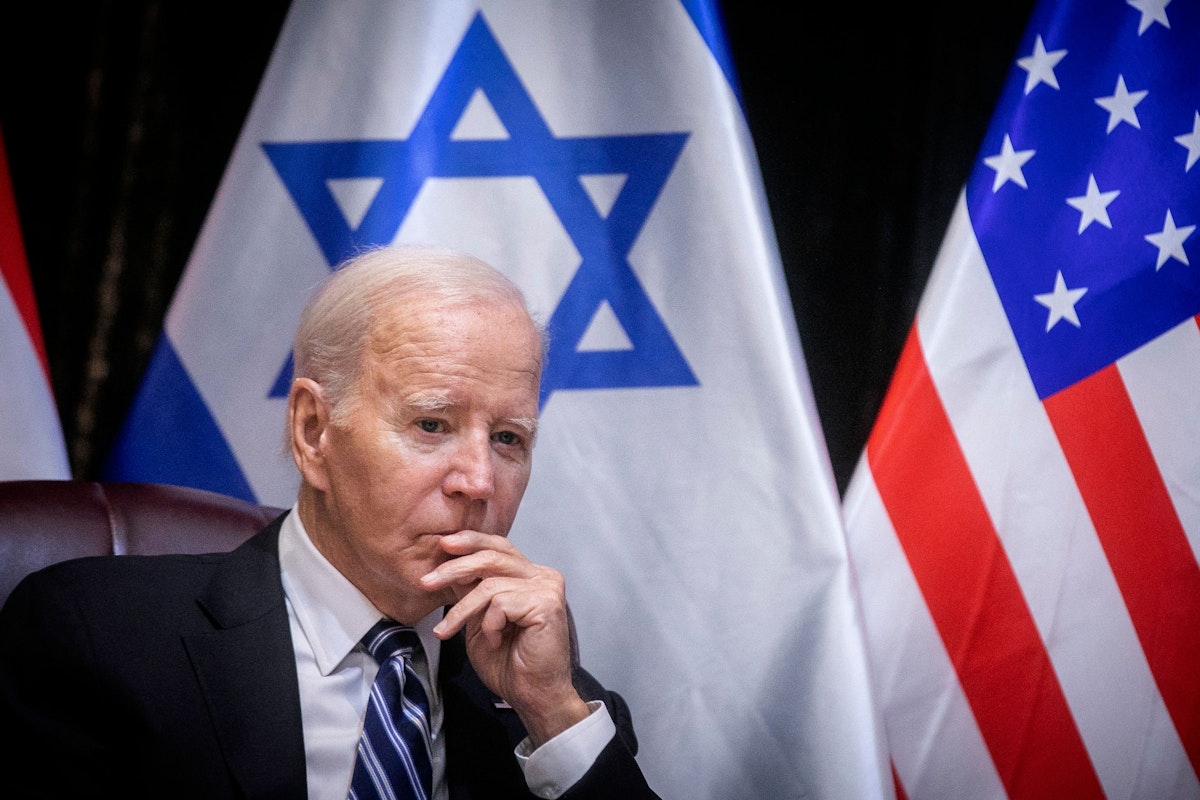
In 2020, Biden carried four swing states by less than 2 percent: Georgia, Arizona, Wisconsin, and Pennsylvania. If the 2024 election were again agonizingly close, would-be Biden voters infuriated by Israel’s conduct in Gaza could make a difference by staying home or opting for a third-party candidate. But the same is true for other issues that arouse passions like guns, immigration, and abortion. In Florida in 2000, where the presidency hinged on hanging chads, a case can be made that devotees of any number of issues say with some justice that their votes made the difference between George W. Bush and Al Gore.
The closest recent historical analog to the ongoing crisis in Gaza was probably the Bosnian war that raged during much of Bill Clinton’s first term, leaving 250,000 people dead and about two million homeless. In the face of ethnic cleansing, Clinton dithered until more than 7,000 Bosnians were executed in Srebrenica in a 1995 massacre reminiscent of World War II. Only then did Clinton lend his support to the aggressive NATO bombing campaign that led to the Dayton Accords, which ended the war.
Bosnia had faded from the headlines by the time that Clinton handily won reelection over Bob Dole in 1996. A preelection NBC News/Wall Street Journal poll in mid-October 1996 found that more Americans judged Clinton’s policies in Bosnia to be unsuccessful (44 percent) than successful (38 percent). But Bosnia was never a voting issue: When an October Harris poll asked likely voters to name their two leading issues, Bosnia came in at asterisk levels. And the 1996 exit polls found that only 4 percent of the electorate named “foreign policy” as their top concern. (A continuing problem with polling is that popular, but vague, questions about “foreign policy” can refer to virtually any spot on the globe.)